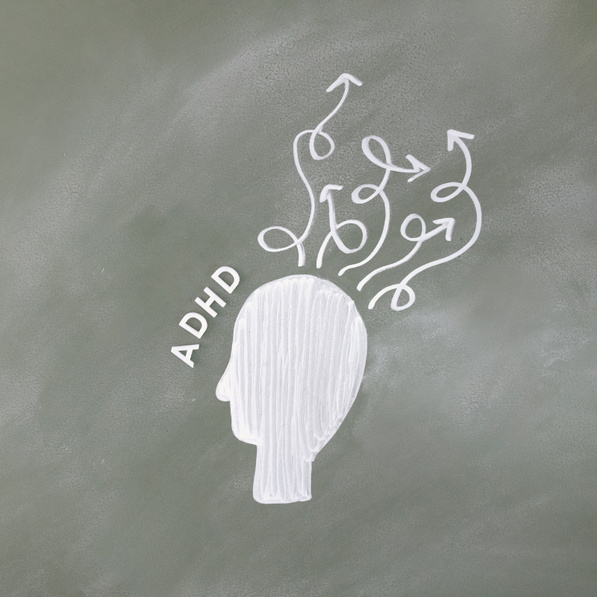ANGER MANAGEMENT COUNSELLING SERVICES

Why Do Some People Have Anger Issues?
Anger issues can stem from a variety of factors and can affect individuals differently. Here are some common reasons why some people may experience difficulties managing their anger:
Here Are Some Reasons
-
Unresolved Trauma or Past Experiences: Traumatic events, such as physical or emotional abuse, witnessing violence, or experiencing significant loss, can contribute to unresolved anger and difficulties in regulating emotions.
-
Underlying Mental Health Conditions: Certain mental health conditions, such as depression, anxiety disorders, bipolar disorder, or intermittent explosive disorder, may contribute to anger issues. These conditions can amplify emotional responses and make it more challenging to control anger.
-
Learned Behavior: Growing up in an environment where anger was not effectively managed or witnessing aggression as a means of problem-solving can shape one's beliefs and behaviors around anger.
-
Stress and Frustration: Ongoing stress, work pressures, financial difficulties, relationship conflicts, or other life challenges can build up and lead to difficulties in managing anger.
-
Lack of Coping Skills: Some individuals may not have developed healthy coping mechanisms to deal with stress or emotions effectively, resulting in anger becoming their default response.
Understanding the underlying causes of anger issues can help individuals address them in a more targeted manner and develop effective strategies for anger management.
How Can Anger Management Counselling Help?
Anger management counseling is designed to help individuals understand the root causes of their anger, develop healthy coping mechanisms, and learn effective strategies for managing anger. Here are some ways in which anger management counseling can help:
-
Identifying Triggers: Anger management counselors can assist individuals in identifying specific situations, thoughts, or emotions that trigger their anger. By recognizing these triggers, individuals can develop strategies to manage their responses more effectively.
-
Learning Coping Skills: Anger management counseling provides individuals with a toolkit of healthy coping skills to manage anger. These skills may include deep breathing exercises, relaxation techniques, mindfulness practices, assertive communication, problem-solving strategies, and stress reduction techniques.
-
Addressing Underlying Issues: Counseling sessions can explore and address underlying issues contributing to anger issues, such as past trauma, unresolved emotions, or distorted thinking patterns. By working through these underlying issues, individuals can gain insight and make positive changes in their behavior and emotional responses.
-
Improving Communication Skills: Anger management counseling can help individuals improve their communication skills, enabling them to express their needs, boundaries, and emotions more effectively. Effective communication can reduce conflicts, improve relationships, and prevent situations from escalating into anger.
-
Developing Empathy and Emotional Regulation: Anger management counseling can assist individuals in developing empathy for themselves and others. By understanding their emotions and learning techniques for emotional regulation, individuals can respond to situations with greater understanding and control.
Methods Used in Anger Management
Anger management counseling may utilize various therapeutic methods and techniques to help individuals effectively manage their anger. Some common methods include:
-
Cognitive-Behavioral Therapy (CBT): CBT focuses on identifying and challenging negative thought patterns and beliefs associated with anger. It helps individuals develop healthier perspectives and coping strategies to manage anger-inducing situations.
-
Relaxation Techniques: Counseling sessions may incorporate relaxation techniques such as deep breathing exercises, progressive muscle relaxation, or guided imagery to help individuals reduce stress and manage anger.
-
Mindfulness Practices: Mindfulness-based approaches can help individuals increase their awareness of their emotions, thoughts, and physical sensations in the present moment. By practicing mindfulness, individuals can learn to observe their anger without judgment and respond more skillfully.
-
Behavioral Restructuring: This approach focuses on modifying behavioral responses to anger by replacing aggressive or destructive behaviors with healthier alternatives. Individuals learn problem-solving skills, assertive communication, and conflict resolution strategies.
-
Stress Management: Anger management counseling may involve stress management techniques to help individuals reduce overall stress levels, as high stress can exacerbate anger issues. Stress reduction techniques may include exercise, time management, self-care practices, and relaxation exercises.
Remember, seeking professional help from a qualified anger management counselor is essential in addressing anger issues effectively.


















